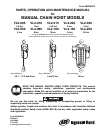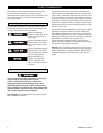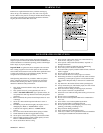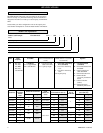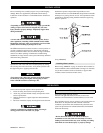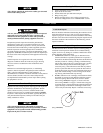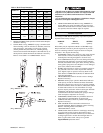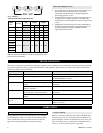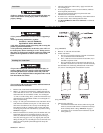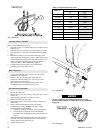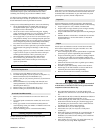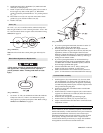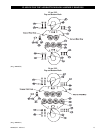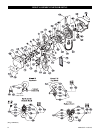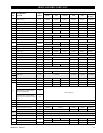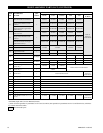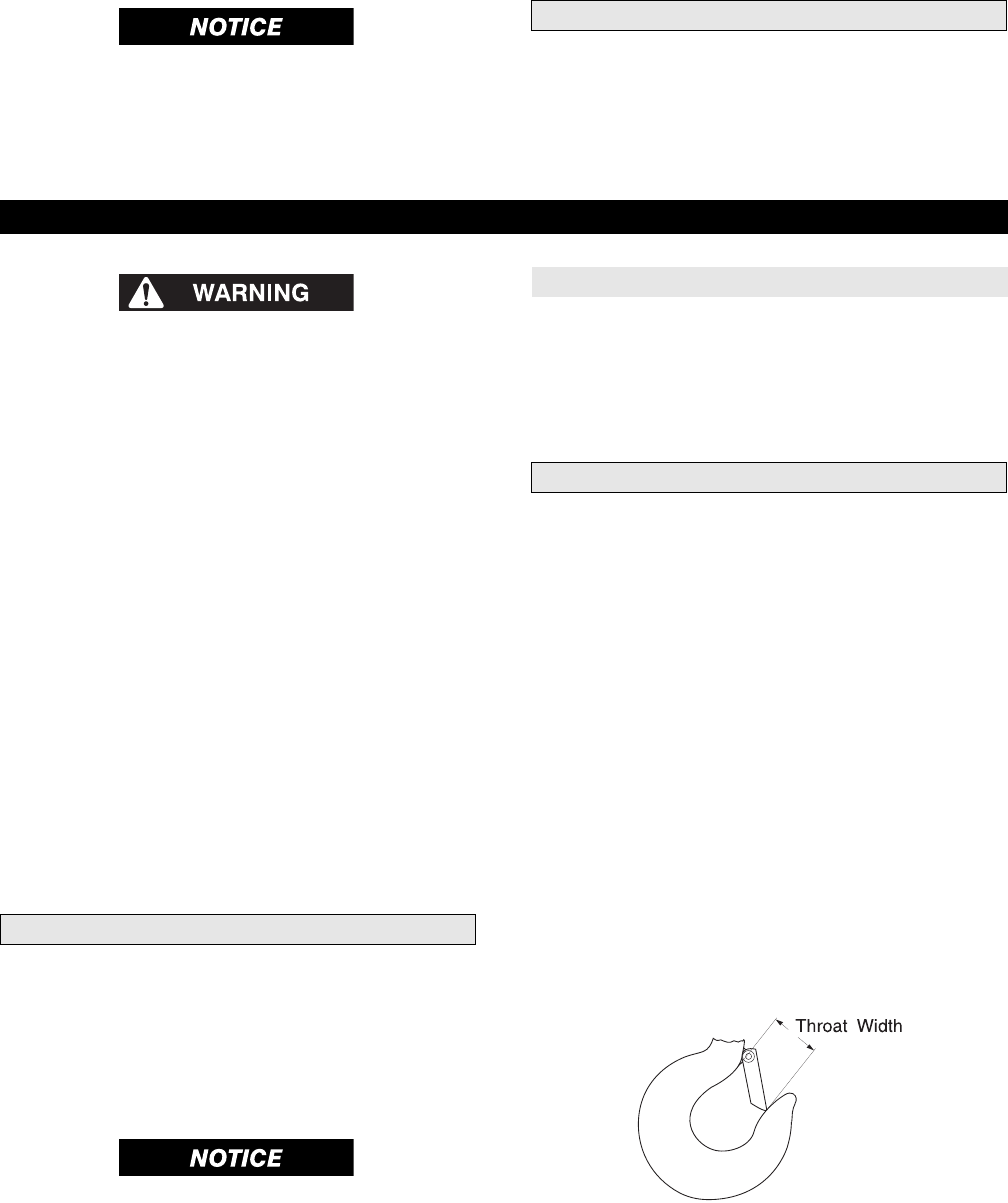
6 MHD56012 - Edition 8
• The clicking sound of the pawl on the ratchet gear is normal
when a load is being raised.
Storing the Hoist
1. Always store hoist in a no load condition.
2. Wipe off all dirt and water.
3. Oil the chain, hook pins and hook latch pins.
4. Hang in a dry place.
5. Before returning hoist to service follow instructions for
Hoists not in Regular Service in “INSPECTION” section.
INSPECTION
• All new, altered or modified equipment should be inspected
and tested by personnel trained in safety, operation and
maintenance of this equipment to ensure safe operation at
rated specifications before placing equipment in service.
Frequent and periodic inspections should be performed on
equipment in regular service. Frequent inspections are visual
examinations performed by operators or service personnel and
include observations made during routine equipment operation.
Periodic inspections are thorough inspections conducted by
personnel trained in the safety, operation and maintenance of this
equipment. ASME B30.16 states inspection intervals depend upon
the nature of the critical components of the equipment and severity
of usage.
Careful inspection on a regular basis will reveal potentially
dangerous conditions while still in the early stages, allowing
corrective action to be taken before the condition becomes
dangerous.
Deficiencies revealed through inspection, or noted during
operation, must be reported to designated personnel trained in
safety, operation and maintenance of this equipment. A
determination as to whether a condition constitutes a safety hazard
must be decided, and the correction of noted safety hazards
accomplished and documented by written report before placing
the equipment in service.
Records and Reports
Inspection records, listing all points requiring periodic inspection
should be maintained for all load bearing equipment. Written
reports, based on severity of service, should be made on the
condition of critical parts as a method of documenting periodic
inspections. These reports should be dated, signed by the person
who performed the inspection, and kept on file where they are
readily available for review.
• The external placement of coded marks on equipment
identifying completed inspections and operationally certified
equipment is an acceptable method of documenting periodic
inspections in place of written records.
Load Chain Reports
Records should be maintained documenting the condition of load
chain removed from service as part of a long-range load chain
inspection program. Accurate records will establish a relationship
between visual observations noted during frequent inspections and
the actual condition of the load chain as determined by periodic
inspection methods.
Frequent Inspection
The Manual Chain Hoist should be inspected at the beginning of
each shift. Visual inspections should also be conducted during
regular service for any damage or evidence of malfunction which
appears between regular inspections.
1. OPERATION. Check for visual signs or abnormal noises
which could indicate a potential problem. Do not operate a
hoist unless the chain feeds through the hoist and hook block
smoothly. Listen for “clicking”, binding or malfunctioning.
The clicking sound of the pawl on the ratchet gear is normal
when a load is being raised. If chain binds, jumps, or is
excessively noisy, clean and lubricate the chain. If problem
persists, replace the chain. Do not operate the hoist until all
problems have been corrected. Check that hand chain moves
freely and without binding or excessive drag. Hook should
stop moving when hand chain stops moving.
2. HOOKS. Check for wear or damage, increased throat width,
bent shank or twisting of hook. Replace hooks that exceed
the throat opening discard width (15%) shown in Table 1
refer to Dwg. MHP0040 on page 6, or exceed a 10º twist
refer to Dwg. MHP0111 on page 7. If hook latch snaps past
tip of hook, hook is sprung and must be replaced. Check hook
support bearings for lubrication and damage. Check hooks
swivel easily and smoothly. Repair or lubricate as necessary.
(Dwg. MHP0040)



